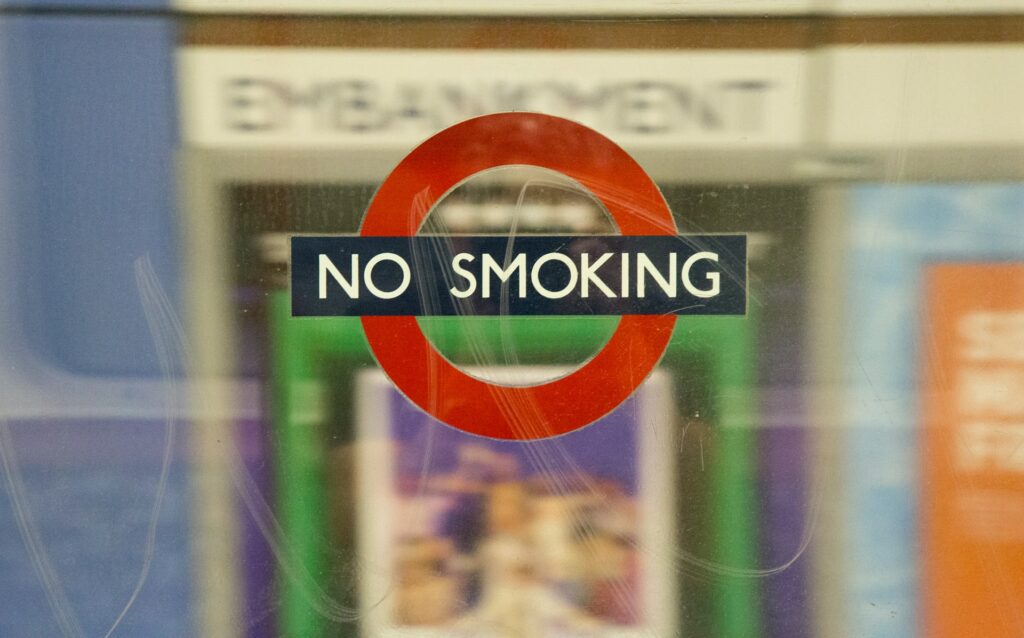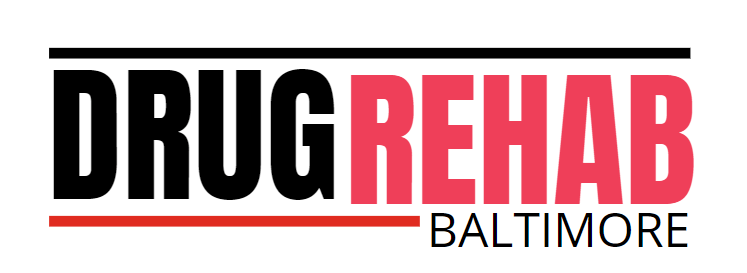Addiction is a brain disorder frequently accompanied by other illnesses such as mental illness, substance addiction, and physical health problems. Medical researchers at the University of Maryland School of Medicine (UMMC).
We deal with a wide range of addictions, including heroin, alcohol, and prescription opioids. There are a variety of addiction treatment options available at the Downtown and Midtown campuses of UMMC.
Our programs complement one another to help people get better faster. This means that we can steer you to the ideal programs to carry out your treatment approaches.
It has a wealth of resources at its disposal, as well as a variety of beneficial alternatives. Patients can be referred to us by a variety of sources, including local hospitals, doctors, parole and probation officers, social workers, and case managers, as well as by themselves.

Services For Substance Abuse Treatment:
We provide intensive outpatient treatment for alcoholism and drug dependency.
People will come to see us, and as a result, we’ll be able to lessen your degree of care over time. It aids in the maintenance of your self-reliance.
We have drug-free and medication-assisted treatment approaches in our plans (MAT). We can help with the following:
- Examinations and screenings
- Counseling services for individuals as well as groups
- Prepare your exit strategy.
- Assistance with case management and referrals
The Use Of Medication To Help Treat Certain Conditions:
With our medication-assisted treatment program, we address withdrawal symptoms while also reducing cravings.
Recovering addicts of opiates (heroin, booze, medication). Suboxone (buprenorphine) is one of the medications we use, along with methadone and Vivitrol (naltrexone).
We established the first hospital-based methadone treatment approaches program in Maryland. Currently, more than 500 patients are being treated.
Explore our pharmacologically aided therapy options. It’s something we provide at each of our three treatment facilities for drug and alcohol abuse.
Our Doctors And Staff Offer The Following Services:
Recovery and relapse prevention strategies. Counseling services for individuals as well as groups. Training and development services for workers and residents. As part of each program, we provide medical care along with individual and group counseling.
We Have The Following Individuals In Our Group:
- Addiction psychiatrists who have passed a rigorous certification process
- Counselors that specialize in substance abuse
- Experts in peer-to-peer recovery
- Workers in the social services
Detoxification From Drugs And Alcohol:
Our addiction specialists coordinate detoxification for chemical dependency. It collaborated with therapy groups at the Midtown campuses of the University of Maryland Medical Center.

For those who are addicted to opiates,
We also have a medication-assisted therapy (MAT) clinic on-site to aid you in stabilizing your condition, including methadone. Peer rehabilitation coaches have a vital role on the team, as well.
Our coaches encourage people to seek help and provide them with referrals.
Not to mention support during the process. The Overdose Survivor Outreach Program (OSOP) connects people who have overdosed with the resources they need to get well again. It teaches people how to administer naloxone in the event of an overdose.
Several Signs Indicate Whether Or Not Someone Is Alcoholic:
After a while, the effects of drinking worsen. An increasing need or desire to consume alcoholic beverages.
To get the same level of intoxication, tolerance must be built up by drinking more alcohol. There have been numerous failed attempts to cut back on or completely stop drinking.
When the body doesn’t have enough alcohol, withdrawal symptoms emerge. The best way to treat anxiety, depression, and other mood disorders is to get them to admit they have a problem.
The ideal time to deal with them is after you’ve achieved some level of accomplishment. It helps you stay sober for a while. Co-occurring emotional problems are common with alcoholism, as are many other disorders. Depression and anxiety are common co-occurring conditions.
It will take some time for you to get back on your feet. It’s time to pass it on to the next person. If you have any further queries, please contact us at (667) 215-5549.


Recent Comments